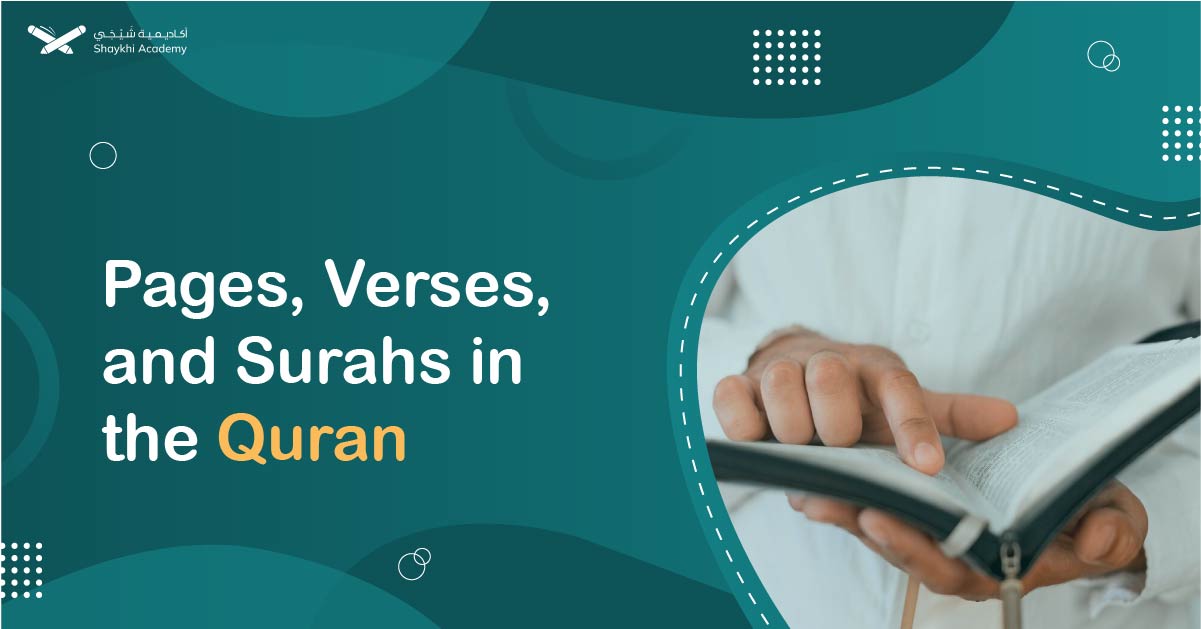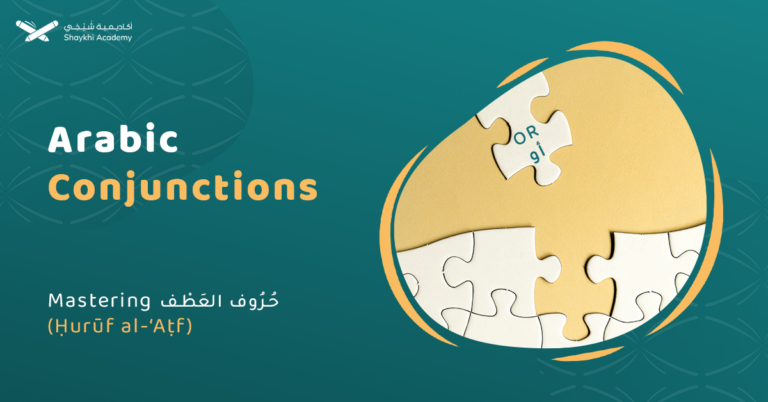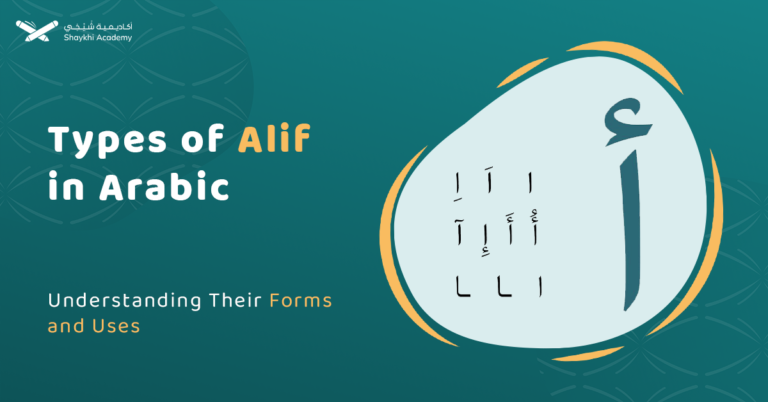The Quran typically consists of 604 pages in its standard Madani Mushaf format, ensuring uniformity during group recitations and studies. This standardization aids in synchronized recitations and structured memorization practices.
English translations of the Quran range from 400 to 600 pages, depending on the translator’s approach, inclusion of commentary, and formatting. Despite these variations, the actual content remains identical across all editions, preserving the Quran’s integrity and authenticity.
The Quran, the holy book of Islam, serves as a comprehensive guide for Muslims, offering spiritual nourishment, moral guidance, and profound wisdom.
Engaging with the Quran daily, whether through recitation or memorization, has numerous benefits that extend beyond spiritual enrichment.
The Quran is meticulously composed of 114 Surahs, or chapters, each of which is further divided into Ayat, or verses. These Surahs vary significantly in length and thematic content.
How Many Pages Is the Quran?
The Quran, in its standard format, consists of 604 pages. This standard is derived from the Madani Mushaf, a widely recognized and accepted version of the Quran printed by the King Fahd Complex for the Printing of the Holy Quran in Madinah, Saudi Arabia.
The 604-page format has become a global standard, particularly beneficial for maintaining uniformity during group recitations and studies. This standardization facilitates synchronized recitations and ensures that Muslims worldwide are literally on the same page when reading or referencing the Quran.
The division into 604 pages also aids in the structured memorization and daily recitation practices, allowing for a systematic approach to completing the Quran.
How Many Pages Is the Quran in English?
The number of pages in an English translation of the Quran varies widely, influenced by several factors including the translator’s approach, the inclusion of commentary (Tafsir), and the formatting of the text.
Typically though, English translations range from about 400 to 600 pages. For instance, a translation with detailed footnotes and explanations can extend beyond 600 pages, while a more straightforward translation without extensive commentary may be closer to 400 pages.
The variation in page count is also affected by the size of the book, the font used, and the layout chosen by the publisher. Some English translations aim to mirror the original Arabic structure as closely as possible, while others may adopt a different format to enhance readability for English-speaking audiences.
How Many Pages Is the Quran in Arabic?
In Arabic, the Quran is traditionally printed with 604 pages, following the format established by the Madani Mushaf. This standardized format is essential for maintaining consistency in Quranic studies and recitations.
The uniformity of the 604-page structure ensures that no matter where a Muslim is in the world, they can easily follow along with others who are reciting from the same version. This is particularly important during communal prayers (Salat) and during the month of Ramadan, when Muslims engage in Taraweeh prayers, reciting portions of the Quran each night.
How Many Pages Are in One Juz’ in the Quran?
Each Juz’ (section) of the Quran, which divides the text into 30 equal parts, typically spans about 20 pages in the Madani Mushaf.
The exact number of pages per Juz’ can slightly vary due to the natural division of verses and the formatting of the text, but it generally hovers around 20 pages.
The Juz’ division is especially useful during the month of Ramadan, as Muslims strive to complete the recitation of the entire Quran during this holy month.
How Many Verses Are in The Quran?
The Quran consists of 6,236 verses, known as Ayat. The shortest Surah, Al-Kawthar, contains just three verses, while the longest, Al-Baqarah, contains 286 verses.
The total count of 6,236 verses encompasses all the instructions, stories, prayers, and guidance that form the core of Islamic teachings. Each verse holds significance, contributing to the comprehensive message of the Quran.
The verses vary in length and style, with some being brief and succinct, while others are longer and more detailed. This diversity in verse length and content allows for a rich tapestry of teachings and narratives, catering to various aspects of life and spirituality.
Is the Quran Always the Same Length in All Editions?
While the text of the Quran itself remains unchanged and consistent across all editions, the physical length in terms of the number of pages can vary due to differences in font size, page dimensions, and the inclusion of additional content such as commentaries, translations, and footnotes.
Editions intended for study purposes may include extensive Tafsir (exegesis) and scholarly notes, which can significantly increase the page count. Conversely, pocket-sized editions meant for easy carrying may use smaller fonts and more compact layouts, resulting in fewer pages.
Despite these variations in physical presentation, the actual content of the Quran—its words and verses—remains identical across all editions, preserving the integrity and authenticity of the sacred text.
How Many Pages of the Quran Should I Read a Day?
The number of pages of the Quran one should read daily varies depending on individual goals and schedules. Though what is truly important is to set a pace that is sustainable and allows for thoughtful reflection and understanding of the text.
Engaging with the Quran consistently, even if it’s just a few pages each day, fosters a deeper connection and comprehension of its teachings. It will also enhance your Quran recitation greatly, especially when done under the supervision of a tutor, such as what happens in Shaykhi Academy’s Quran recitation course.
How Many Surahs Are in the Quran?
The Quran is composed of 114 Surahs, or chapters, each varying in length and thematic content. These Surahs are classified as either Meccan or Medinan based on their place of revelation, with Meccan Surahs generally focusing on spiritual and doctrinal themes, and Medinan Surahs dealing more with legal and social issues.
Each Surah serves a unique purpose and collectively, they address various aspects of faith, law, guidance, and morality. The arrangement of the Surahs in the Quran is not chronological but follows a specific order that carries significant meaning and structure.
How to Memorize the Quran in Pages?
Memorizing the Quran by pages is a structured and efficient method that many students use, and it goes as follows:
1- Set Clear Goals:
Start by setting specific, realistic goals. Determine how many pages you aim to memorize daily or weekly. This could be as small as half a page a day or a few pages a week, depending on your capacity and schedule.
2- Choose the Right Time:
Identify the best times for memorization. Early mornings, after Fajr prayer, are often considered the best time due to the calm and peaceful environment, which helps with concentration and retention.
3- Consistent Daily Routine:
Establish a consistent daily routine. Dedicate a fixed time each day for memorization, ensuring that it becomes a habitual part of your day. Consistency is key to gradual and steady progress.
4- Break Down the Pages:
Divide the page into smaller sections. Start with a few verses at a time, and gradually increase as you become more comfortable. Breaking the page into manageable parts makes the process less overwhelming.
5- Repetition is Key:
Repeat each section multiple times until it is fully memorized. Recite aloud to engage multiple senses—seeing, speaking, and hearing the verses—which reinforces memorization.
6- Understand the Meaning:
Take time to understand the meaning of the verses. This not only helps in memorization but also enhances your connection to the text. Use translations and Tafsir (exegesis) to gain deeper insights into the verses. This can be done through a Tafseer course such as the one launched by Shaykhi Academy.
7- Regular Review:
Consistently review previously memorized pages. Allocate a portion of your daily memorization time to revisit and recite past sections. This helps reinforce memory and ensures retention over time.
8- Use Visual Aids:
Visual aids such as highlighting keywords or phrases can help with recall. Writing down the verses repeatedly can also aid in memorization by reinforcing the visual and motor memory.
9- Recite in Prayers:
Incorporate newly memorized verses into your daily prayers (Salah). Reciting them during prayers helps reinforce memorization and integrates the verses into your daily spiritual practice.
10- Seek Support and Guidance:
Join a Hifz (memorization) class such as Shaykhi Academy’s Hifz Quran course. Having a teacher and a group provides motivation, support, and accountability. Regularly reciting to a teacher ensures correct pronunciation and understanding.
How to Read the Quran in 30 Days?
To read the Quran in 30 days, one effective method is to divide it into 30 equal parts, known as Juz. Each Juz’ typically spans about 20 pages in the standard Madani Mushaf.
By reading one Juz’ per day, you can complete the entire Quran in a month. It’s beneficial to allocate specific times of the day for reading, such as after Fajr (dawn) and Isha (night) prayers, to ensure consistency. Breaking the reading into smaller segments throughout the day can also make it more manageable.
Additionally, focusing on understanding the verses, perhaps with the help of a translation or Tafsir (exegesis), can enhance the spiritual experience and ensure the reading is more meaningful and reflective.
How Long Does It Take to Memorize the Entire Quran?
The time it takes to memorize the entire Quran varies greatly among individuals, depending on factors such as age, dedication, daily practice, and personal aptitude for memorization.
On average, with consistent effort, it can take anywhere from two to five years. A common approach is to memorize a small portion each day, such as half a page to one page, and to dedicate time daily to review previously memorized sections.
Children often have an advantage due to their sharper memory and ability to absorb information quickly, but adults can also achieve this goal with persistence and structured study.
Joining a Hifz (memorization) school or having a qualified teacher can significantly support and guide the process, ensuring proper pronunciation and understanding of the verses. Regular revision and recitation in prayers further reinforce memorization, making it a lifelong commitment.
What Are Some Benefits of Reciting the Quran Daily?
By integrating the daily recitation of the Quran into your life, you can experience these profound benefits, enriching your spiritual, mental, and emotional well-being, and fostering a closer relationship with Allah.
1- Spiritual Nourishment:
Daily recitation of the Quran provides spiritual nourishment and strengthens one’s faith. It brings a sense of peace, tranquility, and connection to Allah, fostering a deeper spiritual relationship and understanding of Islam.
2- Guidance and Wisdom:
The Quran is a comprehensive guide for life, offering wisdom and direction on how to lead a righteous and fulfilling life. Regular recitation helps internalize these teachings, allowing you to apply them in daily situations.
3- Mental Clarity and Focus:
Reciting the Quran has a calming effect on the mind, reducing stress and anxiety. The focus and concentration required during recitation can improve mental clarity and cognitive function, aiding in better decision-making and problem-solving skills.
4- Moral and Ethical Development:
The Quran emphasizes high moral and ethical standards. Regular engagement with its teachings promotes virtues such as honesty, compassion, and humility, helping individuals to develop a strong moral character.
5- Strengthening Memory:
Memorizing and reciting verses of the Quran enhances memory and cognitive abilities. The repetitive nature of recitation strengthens neural connections, improving overall memory retention and recall capabilities.
6- Protection and Blessings:
Reciting the Quran brings divine protection and blessings. Many Muslims believe that the words of the Quran shield against harm and evil, invoking Allah’s mercy and safeguarding against negative influences.
7- Healing and Comfort:
The Quran is considered a source of healing for both physical and emotional ailments. Verses of the Quran can provide comfort and solace during difficult times, offering hope and reassurance.
8- Increased Knowledge:
Daily recitation fosters a deeper understanding of Islamic knowledge and theology. It encourages continuous learning and reflection on the meanings and interpretations of the verses, enhancing one’s religious education.
9- Rewards and Virtues:
Every letter recited from the Quran carries immense rewards. Regular recitation accumulates spiritual benefits and virtues, contributing to a greater sense of fulfillment and spiritual well-being.
10- Community and Unity:
Reciting the Quran daily connects you to a global community of Muslims who share the same practice. It fosters a sense of unity and brotherhood, as you engage in a common act of worship and devotion shared by Muslims worldwide.
Are you ready to embark on a transformative spiritual journey with Shaykhi Academy’s Hifz Quran program for adults?
Join the Hifz Quran program for Adults at Shaykhi Academy and experience a comprehensive and supportive environment designed to help you achieve your goal of memorizing the Quran.
Our expert instructors, tailored curriculum, and flexible online classes make it easier than ever to fit Quranic memorization into your busy schedule.
Don’t wait any longer to deepen your connection with the Quran. Enroll now and take the first step towards mastering the divine text.
Why Choose Shaykhi Academy?
- Connect with highly qualified native tutors.
- Flexible scheduling to suit your busy lifestyle.
- Affordable classes tailored for all levels.
- Accessible from anywhere around the globe.
Discover Our Range of Courses:
- Arabic Noorani Qaida: Lay a solid foundation for Quranic studies.
- Online Quran Classes for Kids: Engaging lessons for lifelong learning.
- Tajweed Rules for Kids: Learn to recite with confidence.
- Quran Hifz for Kids: Step-by-step guidance to memorize the Quran.
- Quran for Adults: Introduce yourself to Quran reading and Tajweed rules.
- Online Arabic Courses: Master the language of the Quran.
- Islamic Studies: A wide range of topics related to Islam, including theology, law, Quranic studies, Hadith.
Don’t Miss Out on Your Chance to Excel!
Whether you’re a beginner or seeking advanced knowledge, Shaykhi Academy can guide you! Book your free trial now and make Ramadan 2024 your Quranic turning point!
The Conclusion:
The Quran, in its standard format, consists of 604 pages, a format derived from the Madani Mushaf printed by the King Fahd Complex for the Printing of the Holy Quran in Madinah, Saudi Arabia. This 604-page format has become a global standard.
The number of pages in an English translation of the Quran varies widely, typically ranging from 400 to 600 pages, depending on factors such as the translator’s approach, the inclusion of commentary (Tafsir), and the formatting of the text. The variation in page count is also influenced by the book’s size, font used, and layout chosen by the publisher. Despite these variations in physical presentation, the actual content of the Quran—its words and verses—remains identical across all editions, preserving the integrity and authenticity of the sacred text.
Engaging with the Quran regularly instills a sense of discipline, strengthens memory, and offers protection and blessings. Whether through reciting a Juz’ on a daily basis, or memorizing a page or a part of a page everyday, the Quran lights up your life.
The profound impact of these practices highlights the importance of making the Quran a central part of one’s daily life, fostering a deeper understanding of its teachings and a closer relationship with Allah.














































